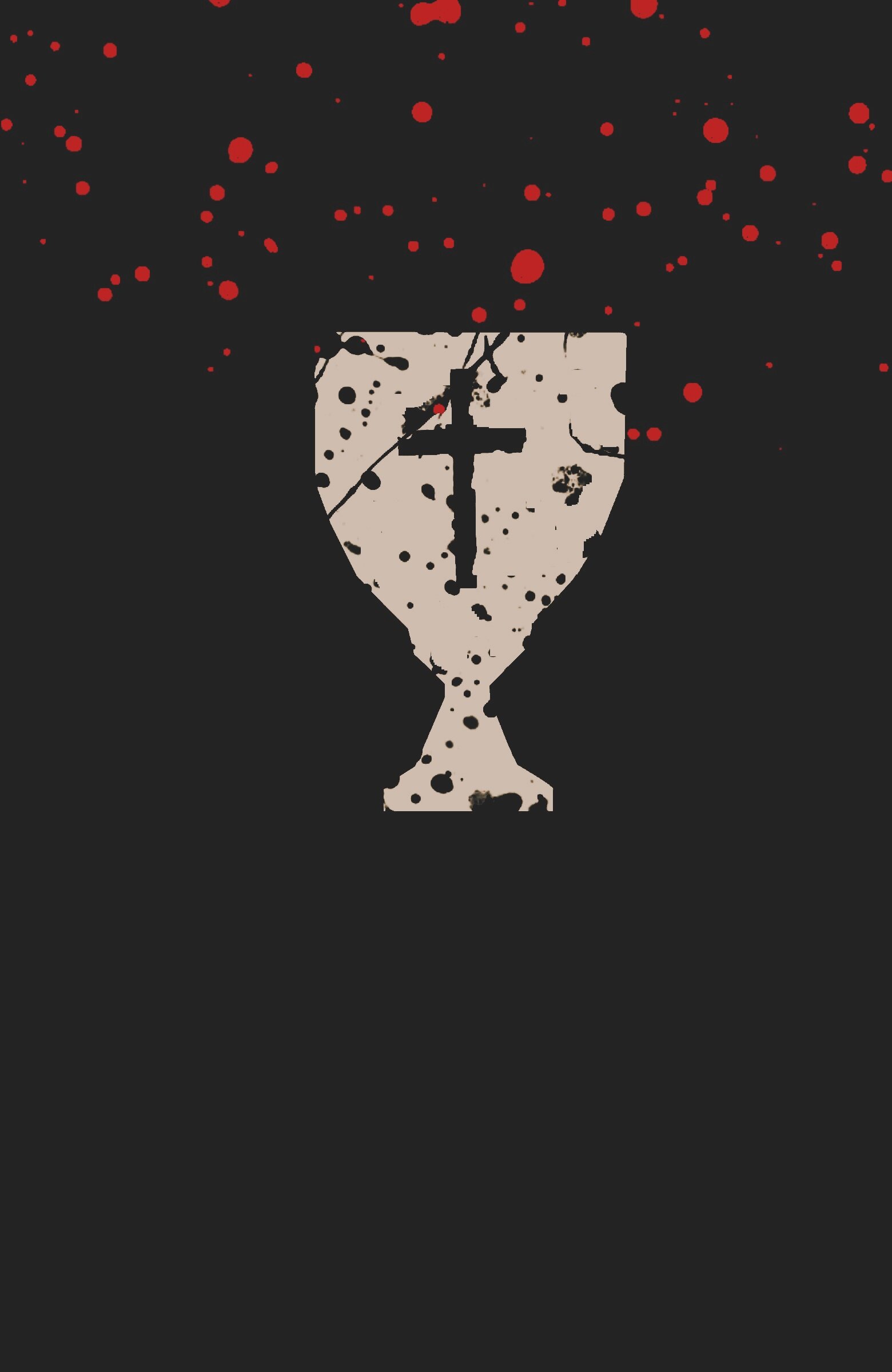Vengeance is Mine
/On the one hand, there seems to generally be little reward for having sought and taken vengeance, at least on a personal level. Rarely is wealth, health or happiness really gained, and often more trouble, hurt and shame come from it.
Everyone has been wronged, humiliated, injured and dishonored. So there’s an eternal thirst for vengeance in a man’s heart. Yet Christ knew that the strong man who is “without blame” is capable of trusting God for just recompense.
Examples in Scripture include dealing with assaults on a man’s honor (insults/slander), and how to behave toward an enemy when in the face of persecution.
In each of these cases the noble man is not foolish enough to fail. When insulted he pardons without escalation or further incident, for by repaying insult with insult he merely degrades himself to the footing of his offender, and this reflects poorly on his Lord, retinue and family (see 1 Peter 3:9).
And if in a state of persecution, a senseless act of retaliation may cost him his life or wellbeing and those of innocent others. In this case he forfeits his chance at martyrdom and becomes a sucker, while bearing the responsibility for the suffering his actions caused others (see Romans 12:17-21).
In these examples we are given an explicit rule regarding vengeance - and for good reason and relief.
Somewhere in the middle of these two extremes is a battlefield of gray area where we are allowed to be tested in resilience, tact, brutality, proper combat and defense, justice and mercy.
After all, and on the other hand, the noble man does not live his life as the butt-end of every practical joke, nor tolerate insults at every turn; nor should he allow defamation to cost him and those in his care something that is necessary for survival or wellbeing. If a malicious rumor was to spread through his workplace and destroy his career, he does not just sit idle and hold his tongue. And he does not beg for his life or renounce his God even if it means he and all his men swing from the gallows at dawn tomorrow. The noble man does not go down without a fight.
“I cannot deny it, you have beaten me; but much it goes against my will. And yet you may be of such degree and fame that only credit will redound to me; and insistently I would request that I might know your name… If a better man has defeated me, I shall be glad, I promise you. But if it has so fallen out that a baser man than I has worsted me, then I must feel great grief indeed.”
- Chretien De Troyes, Erec and Enide
Shame has an important purpose, and the noble man knows when he has been bested and salutes his opponent gracefully. This lesson should be learned early on in life, before he reaches manhood. Fathers are needed to teach sons how to accept punishment and disgrace properly when they’ve done wrong. After being defeated in an intense and emotional sporting event where he played poorly, a boy must get in line with the rest of his team to congratulate and shake the hands of the winners. The best warrior is not so because he has won every battle or tournament.
But on this battlefield, if an incident would otherwise leave a grown man sniveling and blubbering like a child, depressed and worthless, then the noble man shall have his revenge.
“We’ll beat them on our field next month!” or “We’ll get ‘em next year!” shouts the Coach to his team whose heads are held low in defeat after having brought their school and town shame.
The noble man does not live in this constant state of defeat. He issues challenges to rematch, he seeks to regain his status and rank, and he takes opportunities to properly best worthy opponents for God, nation, parish, family and reputation. And like every soldier and athlete, he trains to do this with honor, proper skill, competence, endurance, understanding and respect for rules, and trust in God.
“Vengeance is mine” says the Lord. And the noble man strives to imitate him in all things.
Brotherhood of the Angelic Crown







